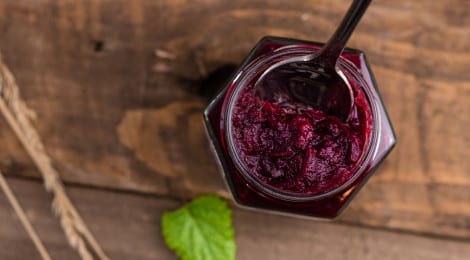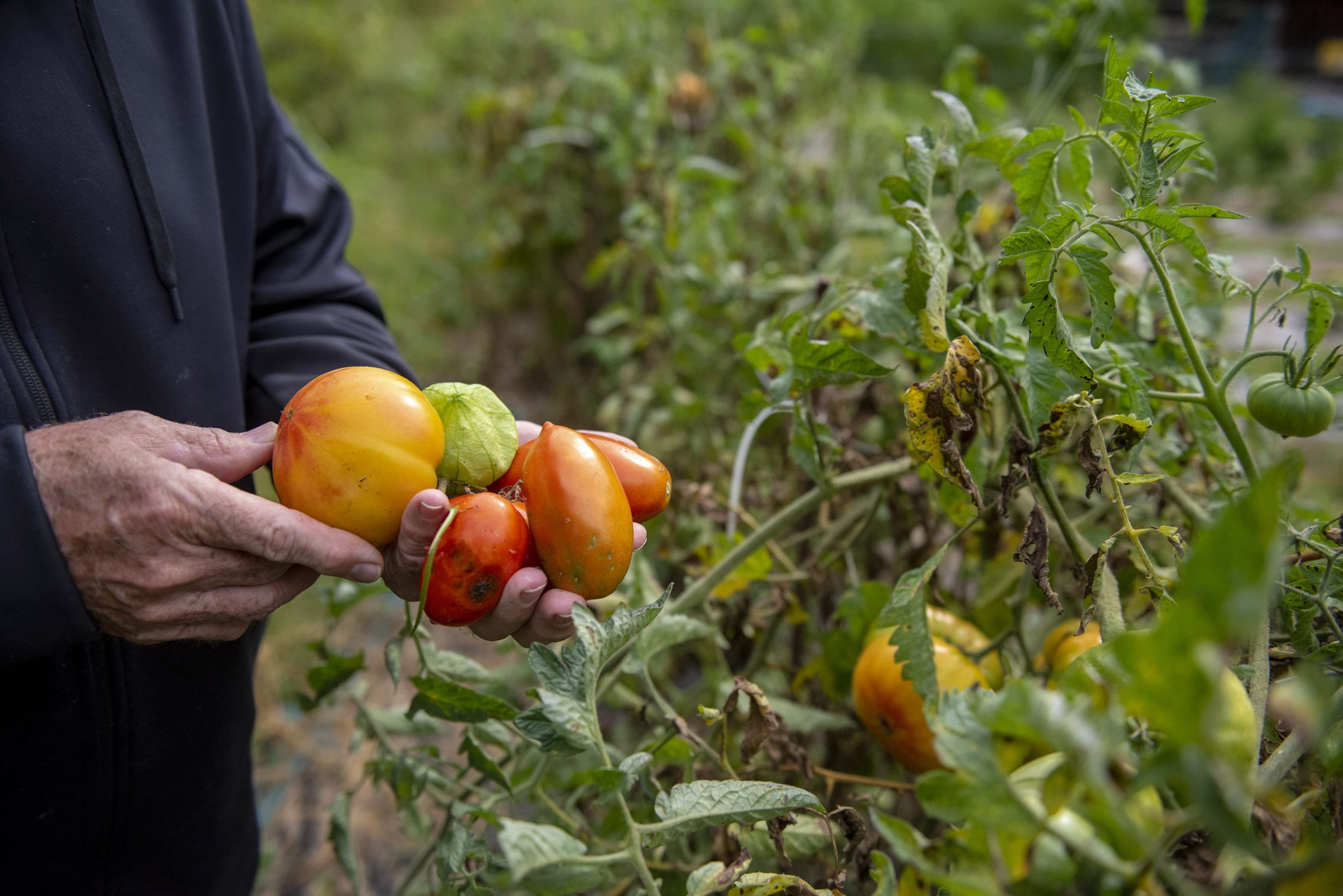
Food Vision Prize Profile
Prize Project Update Part 1: College Harvest
Condiments are often relegated as ‘extras’ in the food world, but for the Rhode Island School of Design (RISD) and Johnson and Wales University, condiments have been the primary focus in the development of the first round of the schools’ “College Harvest” product line. For their New England Food Vision Prize-winning project, the two Rhode Island schools have teamed up with local food accessibility organization Farm Fresh Rhode Island to create a product line of items that feature locally sourced ingredients and would typically end up in compost piles or landfills as B-grade or surplus items.
After conducting research to find similarities between campus menus and going through multiple rounds of tastings, the team decided that condiments—sauces in particular—would be a suitable first round for the College Harvest line after the team “realized that things like sauces and spice packets would be the best way to highlight the local produce to make it easily adaptable for the schools,” explained Executive Director of Auxiliary Services & Dining at RISD Ginnie Dunleavy, as they are able more easily integrated into menus and dining halls than raw ingredients.
The vision for the first round of products took inspiration from the colors of two iconic condiments—red (ketchup) and yellow (mustard). After an initial round of tasting in early summer 2019, a BBQ sauce and parsnip mustard were advanced as the first run of condiments in the College Harvest product line. RISD and Johnson and Wales plan on debuting the condiments in dining halls in mid-November, according to College Harvest Coordinator Ayla Ahlquist, where they will have students sample product and give feedback. In the spring semester they plan to expand distribution to a few more New England schools.
Each condiment contains local products that highlight the flexibility of New England produce, such as parsnips. Dunleavy joked that since the beginning of recipe development parsnips have been a focus for the team, as “[they] are prolific in New England but no one really eats them that much.” Thanks to the creativity of the chefs involved in the College Harvest project, the mustard that has been developed uses parsnips and whole mustard seed, which was a big win for the team and the region. The mustard itself is grainy and has a pleasant bite to it thanks to the wholegrain mustard seed, and the inclusion of local parsnips enhances the flavor without making it overwhelming.
The unofficial team favorite among the sauces developed so far is the BBQ sauce that has appropriately been named “New England BBQ,” as its prominent flavors come from local ingredients. David Gould, Executive Chef at RISD, developed the sauce using charred tomatoes, charred fresh and dried chilies from Meggie’s Farm in Rehoboth, MA, and local mainstays such as maple syrup and reduced apple cider. In developing the flavor profile of the sauce, Gould explained, “we were trying to figure out, ‘do we want Alabama style…St. Louis style?’ and I thought ‘why can’t we just do New England? Why would we want a way too complicated ‘New England-Alabama-by way of St. Louis-style’ BBQ sauce?’” In resisting the urge to fall back on any one defined style, they were able to create one that is entirely their own. The sauce has a rich, smoky flavor thanks to the charred tomatoes and chilies and the inclusion of reduced apple cider gives it a unique sweetness, making it a standout in the lineup.
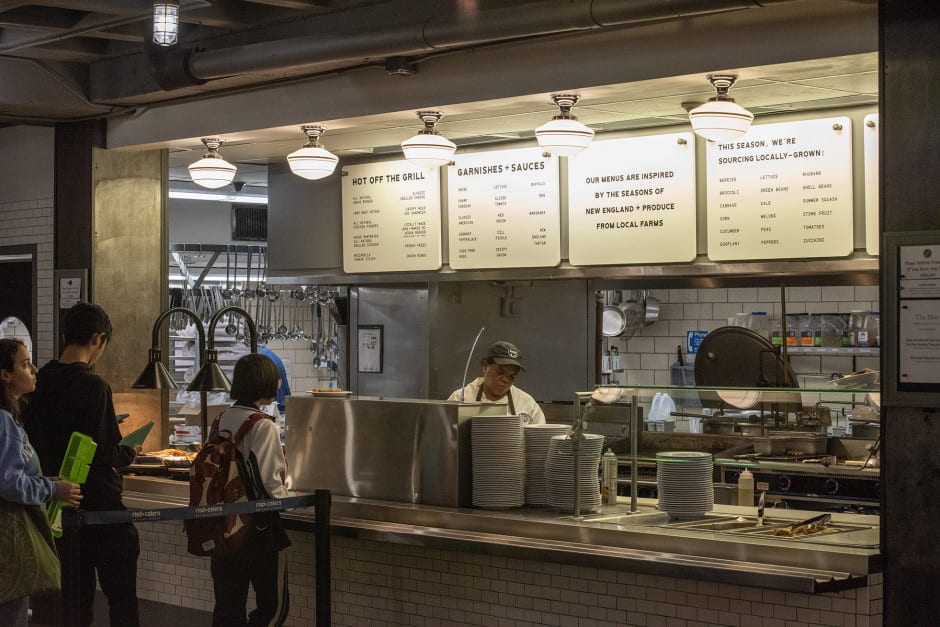
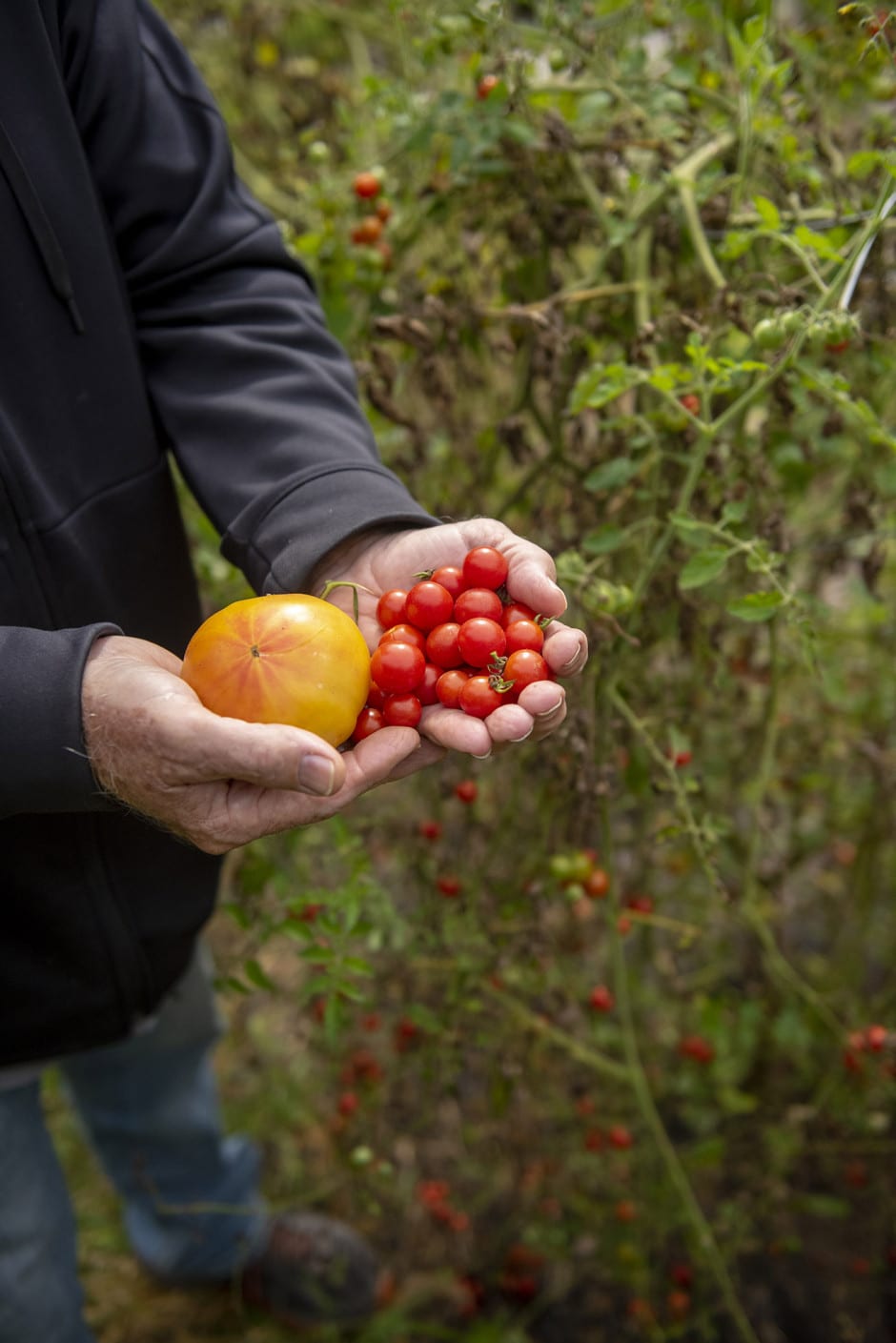

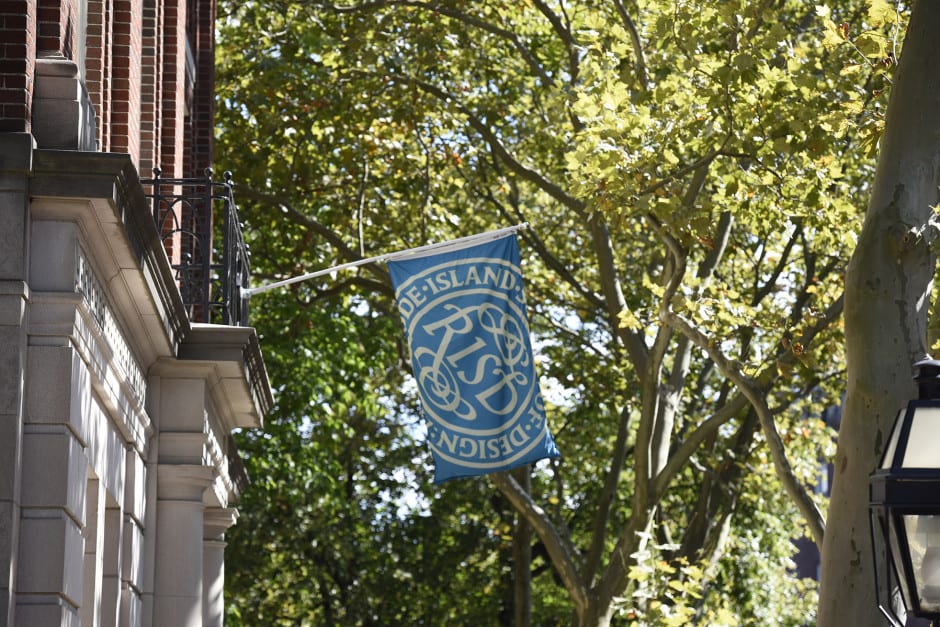
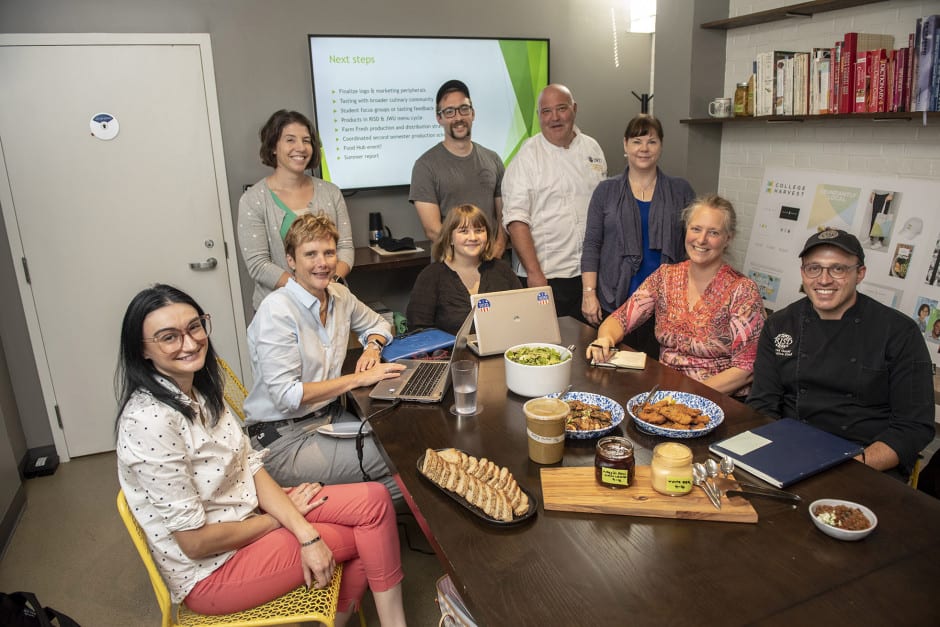
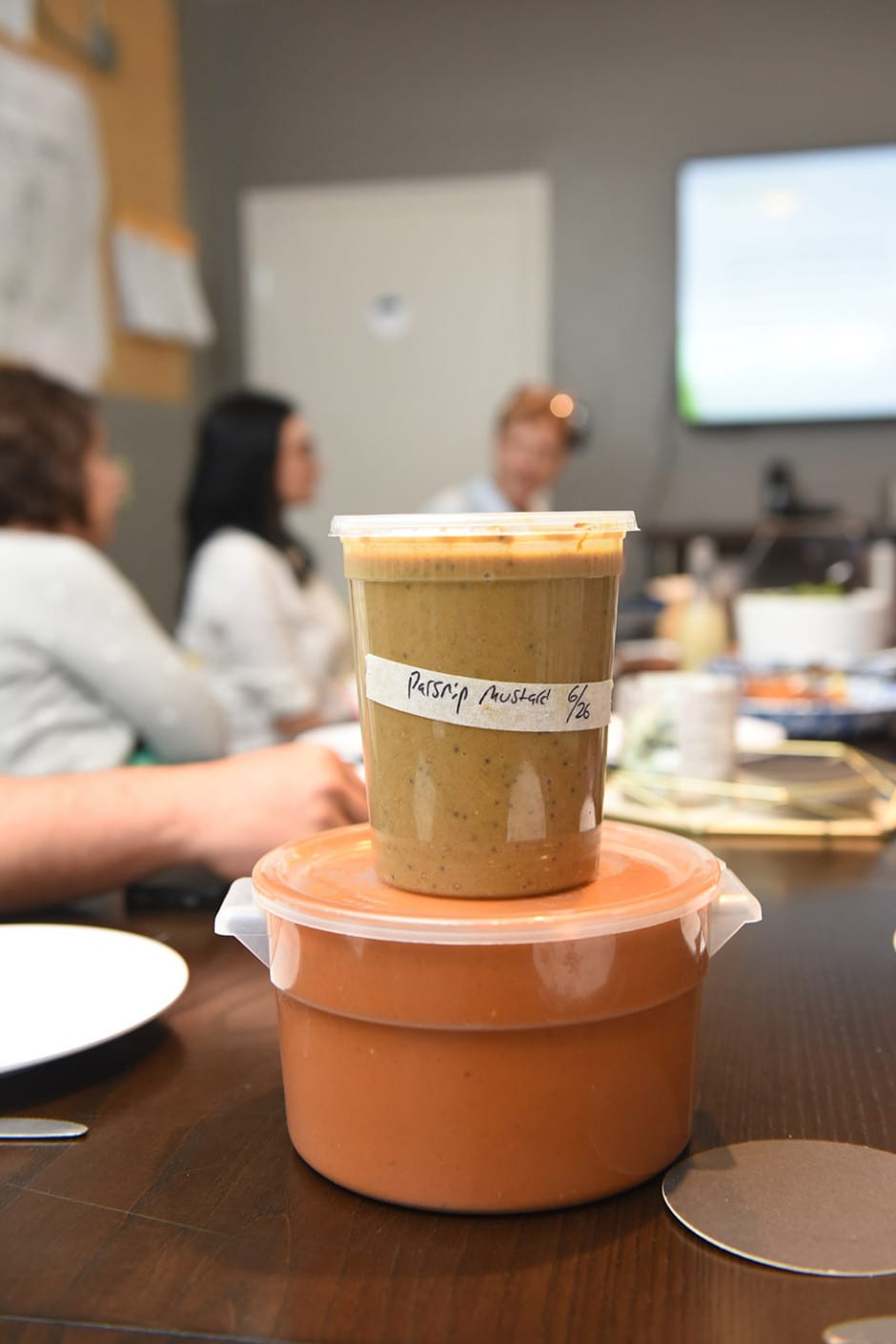
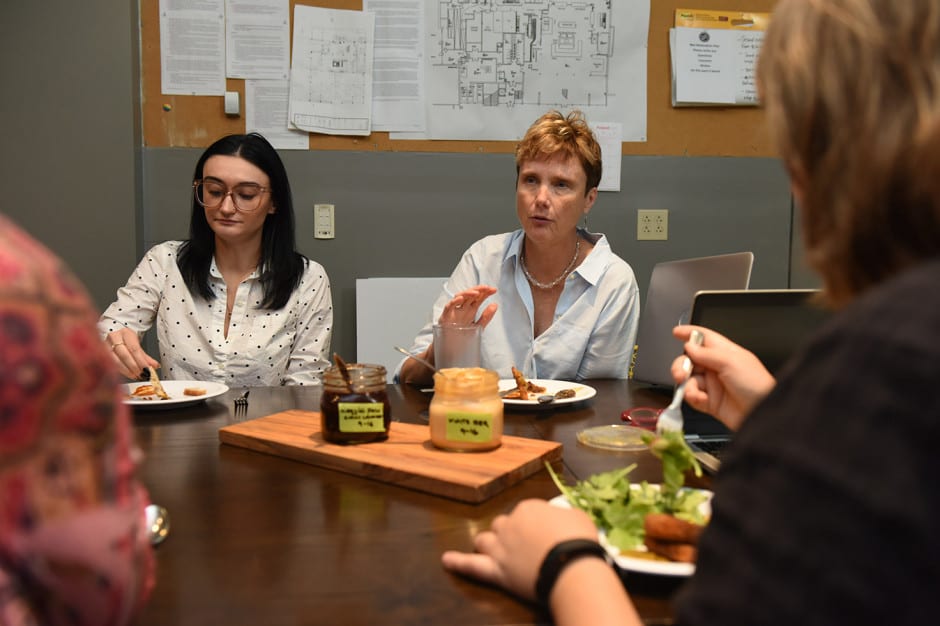
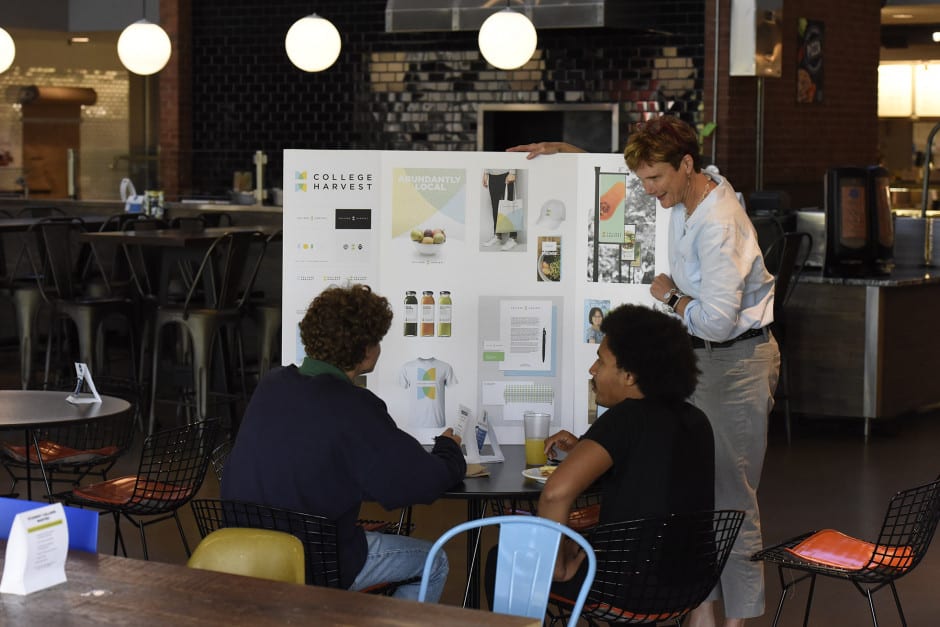
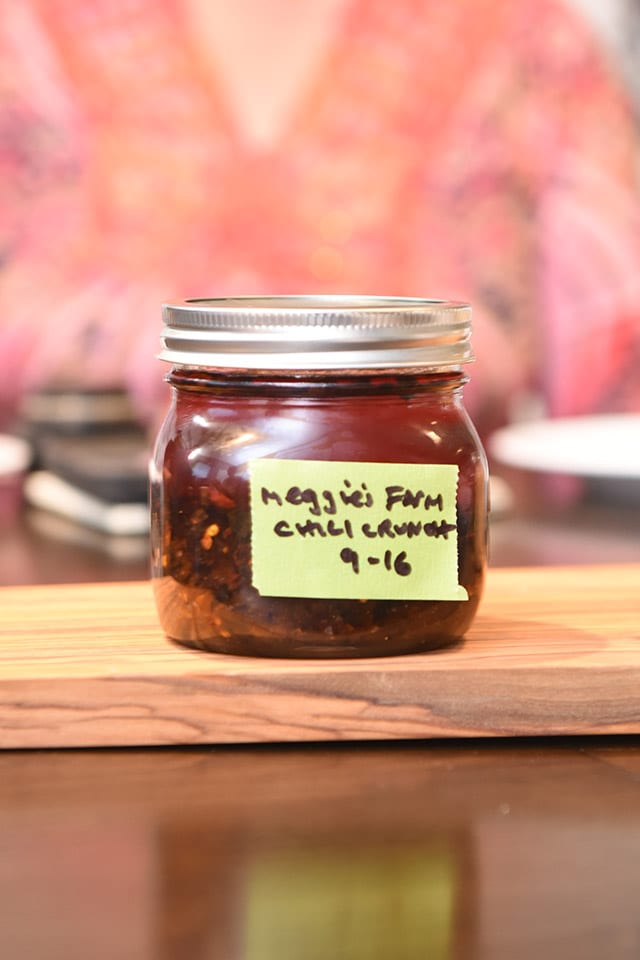
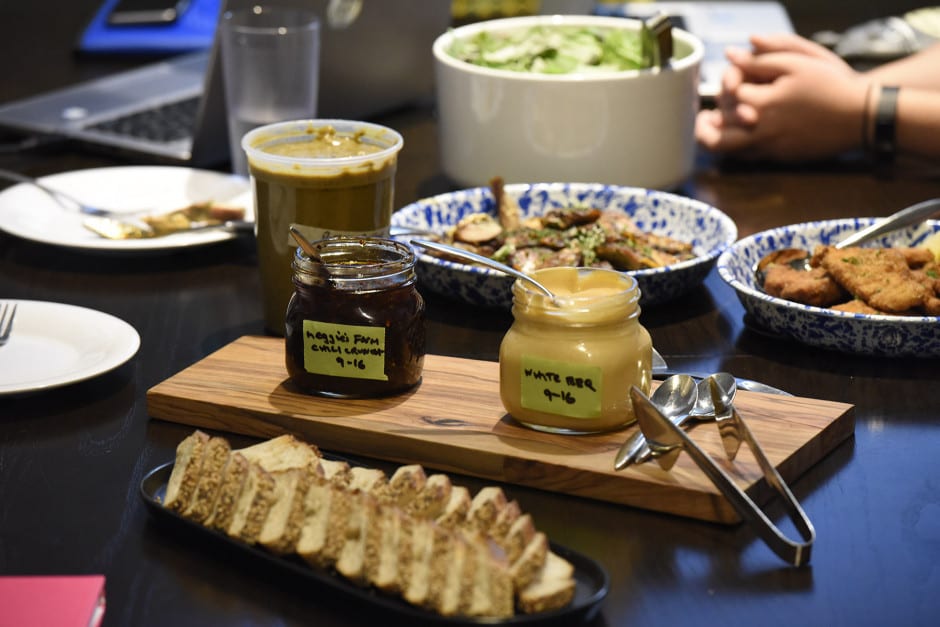
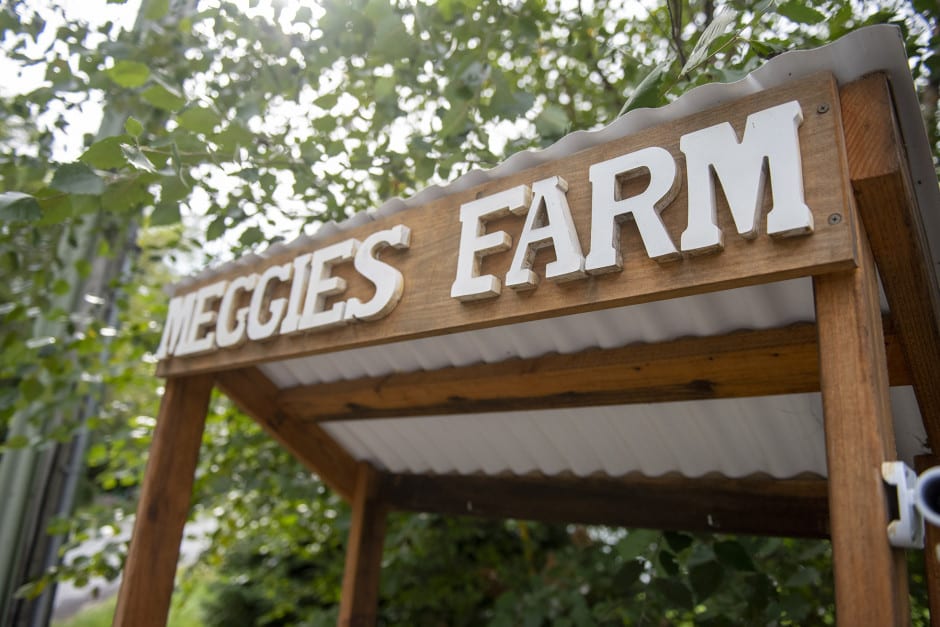

To promote the line the team is helped by Providence-based branding design firm Pop Kitchen Co. to provide a visual identity that conveys the ethos of College Harvest. Senior Designer Jay Biethan (a RISD alum) believes that sharing the College Harvest story is important because there are so many buzzwords around locally sourced and “green” products that it has been difficult to see the simple power of food. For Biethan, “food tells a story and we think that story is important…we want to show the actual story to these students,” and College Harvest is the way to do it.
As the school year begins and condiments make their debuts in the dining halls, the College Harvest team has plans to expand beyond RISD and Johnson and Wales as they begin to work on the second line of products for College Harvest. Preliminary ideas for the second round go outside of the realm of condiments and include salad dressing made with oil pressed from butternut squash seeds (a product that is normally thrown out), and a vegan mushroom Bolognese made from locally sourced mushrooms.
The College Harvest team is just beginning their effort to take locally sourced products that would otherwise be discarded and create new dining experiences for their students with them. Promoting their journey and the benefits of this project will continue to be a major focus for the College Harvest team. As Dunleavy said, “if you push for this particular product you can make an incredible impact.”
